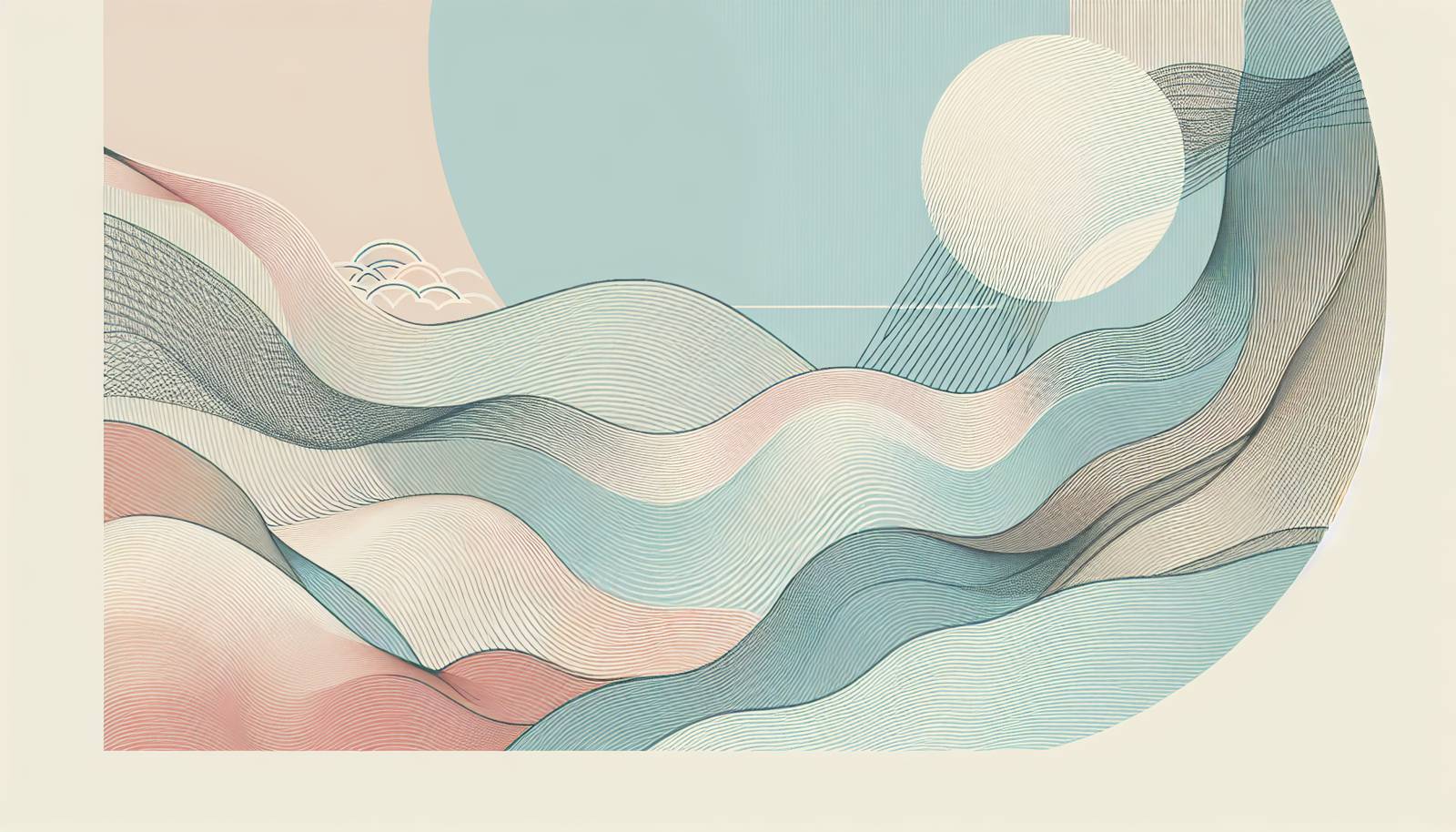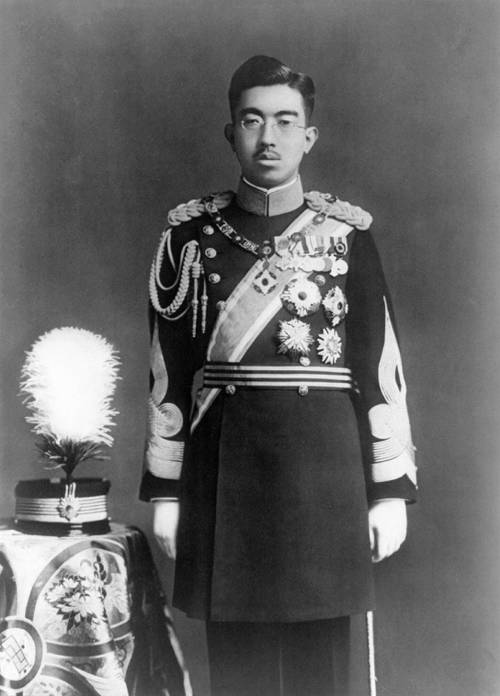
FAQ About Emperor Hirohito

Who was Emperor Hirohito?
Emperor Hirohito, also known as Emperor Shōwa, was the 124th emperor of Japan. He reigned from December 25, 1926, until his death on January 7, 1989, making him the longest-reigning emperor in Japan's history. Hirohito was a pivotal figure during a challenging era, including World War II and Japan's subsequent reconstruction.

When did Emperor Hirohito rule Japan?
Emperor Hirohito ruled Japan from December 25, 1926, until January 7, 1989. His reign is known as the Shōwa era, which means "Enlightened Peace or Harmony," and spanned 62 years, marking one of the most dramatic periods in Japanese and world history.

What role did Emperor Hirohito play during World War II?
Emperor Hirohito's role during World War II is complex and debated among historians. Initially, he was seen as a passive constitutional monarch who endorsed military expansion and was a symbol of national unity. However, after Japan's surrender, Hirohito broadcasted a message of peace to the Japanese people—a significant moment marking Japan’s submission and commitment to peace.

How did Emperor Hirohito contribute to Japan's post-war recovery?
After World War II, Emperor Hirohito played a crucial role in Japan’s transformation from a militaristic empire to a peaceful, economic power. He became a symbol of the country's recovery, embracing a new constitution that reduced the imperial role to that of a ceremonial figurehead, promoting peace and encouraging national reconciliation.

What was the significance of Emperor Hirohito's surrender speech?
Emperor Hirohito's surrender speech on August 15, 1945, was significant as it was the first time the Japanese public heard his voice. The broadcast marked Japan's unconditional surrender to the Allied forces, effectively ending World War II. It is remembered for its euphemistic language, as Hirohito stated the war "did not go necessarily to Japan's advantage."

How is Emperor Hirohito perceived in modern Japan?
In modern Japan, Emperor Hirohito is viewed with mixed perspectives. For some, he is a revered figure who helped transition Japan into a peaceful nation. For others, his role during World War II is scrutinized, with debates continuing over his level of responsibility in Japan's wartime actions. Nonetheless, his reign is acknowledged as a significant period in Japan’s history.

What changes occurred in the Japanese monarchy during Hirohito's reign?
During Hirohito's reign, the Japanese monarchy underwent significant changes, particularly after World War II. The new constitution, enacted in 1947, redefined the emperor's role as a purely symbolic figure without political power. This shift was part of Japan's broader democratization and demilitarization efforts post-war.

Was Emperor Hirohito ever tried for war crimes?
No, Emperor Hirohito was not tried for war crimes. After World War II, the Allies decided not to charge him, aiming to use his influence to stabilize and rebuild Japan. This decision remains controversial, as it sparked debate over accountability and justice for wartime actions attributed to Japanese leadership.

What was the main ideology during Emperor Hirohito's early reign?
During the early years of Emperor Hirohito's reign, the ideology was largely influenced by militarism and imperial expansion. This period, marked by Japan's involvement in several military conflicts and territorial expansion, reflected a shift toward ultra-nationalism that ultimately led to Japan's participation in World War II.

When and where was Emperor Hirohito born?
Emperor Hirohito was born on April 29, 1901, at the Aoyama Palace in Tokyo, Japan. He was the first son of Crown Prince Yoshihito (later Emperor Taishō) and Crown Princess Sadako (later Empress Teimei).

How did Hirohito's reign end?
Emperor Hirohito's reign ended with his death on January 7, 1989, due to duodenal cancer. His passing marked the end of the Shōwa era, and he was succeeded by his son, Akihito, leading to the Heisei era in Japan.

What was Emperor Hirohito’s education background?
Emperor Hirohito was educated at the Gakushūin Peers’ School and later at a special institute created for him called the Tōgū-gogakumonsho. His education focused on a curriculum designed for future emperors, emphasizing history, ethics, and traditional Japanese culture.

How did Emperor Hirohito influence Japan’s scientific community?
Emperor Hirohito had a keen interest in marine biology, conducting extensive research and publishing scientific papers under the name "Hirohito." His passion for the sciences helped elevate the status and visibility of scientific research within Japan, contributing positively to Japan's academic and scientific communities.

What impact did the Shōwa era have on Japan's economy?
The Shōwa era, under Emperor Hirohito's reign, saw significant changes in Japan’s economy. After the devastation of World War II, Japan experienced an economic miracle, transforming into a leading global economic power. The era saw advancements in technology, industry, and a rapid growth in GDP, deeply influencing modern Japan's economic landscape.

How did international relations shift during Hirohito's reign?
During Emperor Hirohito's reign, Japan's international relations underwent profound shifts. Initially isolated due to wartime aggression, Japan slowly rejoined the international community as a peace-promoting nation post-World War II. It became a key player in global economics and politics, forming alliances such as with the United States and becoming a part of various international organizations.

What was the political structure of Japan like under Emperor Hirohito?
Under Emperor Hirohito, particularly post-World War II, Japan adopted a parliamentary democracy. The emperor's role became ceremonial, with real political power residing in elected officials, notably the Prime Minister and the National Diet, Japan's bicameral legislature.

How did Emperor Hirohito's death affect Japan?
Emperor Hirohito's death in 1989 marked a significant moment for Japan, ending the Shōwa era and prompting national reflection on his complex legacy. It was a period for Japanese society to consider its past but also look forward under the leadership of his son, Emperor Akihito, who emphasized peace and international cooperation.

What were some major international events during Hirohito's reign?
Major international events during Hirohito's reign included World War II, the signing of the Treaty of San Francisco in 1951 (which ended the U.S. occupation of Japan), the Korean War, and the Vietnam War, as well as Japan's emergence as an economic power. These events significantly shaped Japan's political and economic landscapes.

How did Emperor Hirohito's imperial status change after World War II?
After World War II, Hirohito's imperial status changed dramatically from that of a divine sovereign to a ceremonial figurehead. The 1947 Constitution, influenced by the U.S. Occupation, stripped the emperor of all political power, emphasizing Japan's shift to a democratic society where sovereignty resides with its people.

What influence did Emperor Hirohito have on Japanese culture?
Emperor Hirohito influenced Japanese culture by being a symbol of stability and continuity. His reign saw the blending of traditional and modern values, especially in the post-war years, as Japan redefined its identity amidst Western influences. His interest in science and culture also helped foster advancements and enthusiasm in various cultural sectors.
